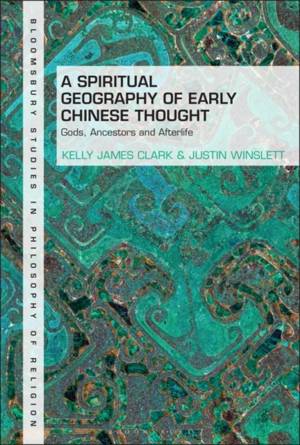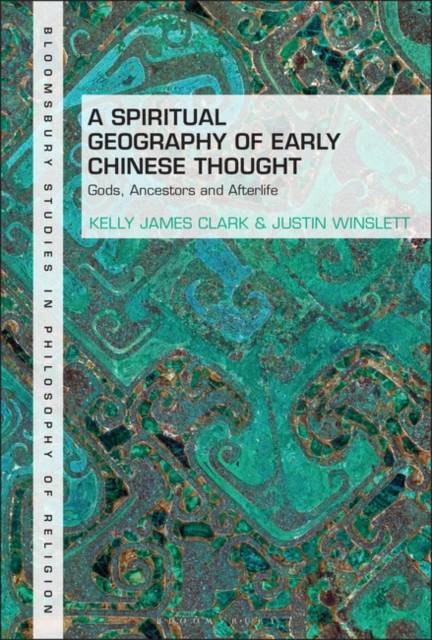
- Afhalen na 1 uur in een winkel met voorraad
- Gratis thuislevering in België vanaf € 30
- Ruim aanbod met 7 miljoen producten
- Afhalen na 1 uur in een winkel met voorraad
- Gratis thuislevering in België vanaf € 30
- Ruim aanbod met 7 miljoen producten
Zoeken
A Spiritual Geography of Early Chinese Thought
Gods, Ancestors, and Afterlife
Kelly James Clark, Justin Winslett
€ 203,95
+ 407 punten
Omschrijving
It is widely claimed that notions of gods and religious beliefs are irrelevant or inconsequential to early Chinese ("Confucian") moral and political thought. Rejecting the claim that religious practice plays a minimal philosophical role, Kelly James Clark and Justin Winslett offer a textual study that maps the religious terrain of early Chinese texts. They analyze the pantheon of extrahumans, from high gods to ancestor spirits, discussing their various representations, as well as examining conceptions of the afterlife and religious ritual.
Demonstrating that religious beliefs in early China are both textually endorsed and ritually embodied, this book goes on to show how gods, ancestors and afterlife are philosophically salient. The summative chapter on the role of religious ritual in moral formation shows how religion forms a complex philosophical system capable of informing moral, social, and political conditions.Specificaties
Betrokkenen
- Auteur(s):
- Uitgeverij:
Inhoud
- Aantal bladzijden:
- 232
- Taal:
- Engels
- Reeks:
Eigenschappen
- Productcode (EAN):
- 9781350262171
- Verschijningsdatum:
- 26/01/2023
- Uitvoering:
- Hardcover
- Formaat:
- Genaaid
- Afmetingen:
- 156 mm x 234 mm
- Gewicht:
- 503 g

Alleen bij Standaard Boekhandel
+ 407 punten op je klantenkaart van Standaard Boekhandel
Beoordelingen
We publiceren alleen reviews die voldoen aan de voorwaarden voor reviews. Bekijk onze voorwaarden voor reviews.







